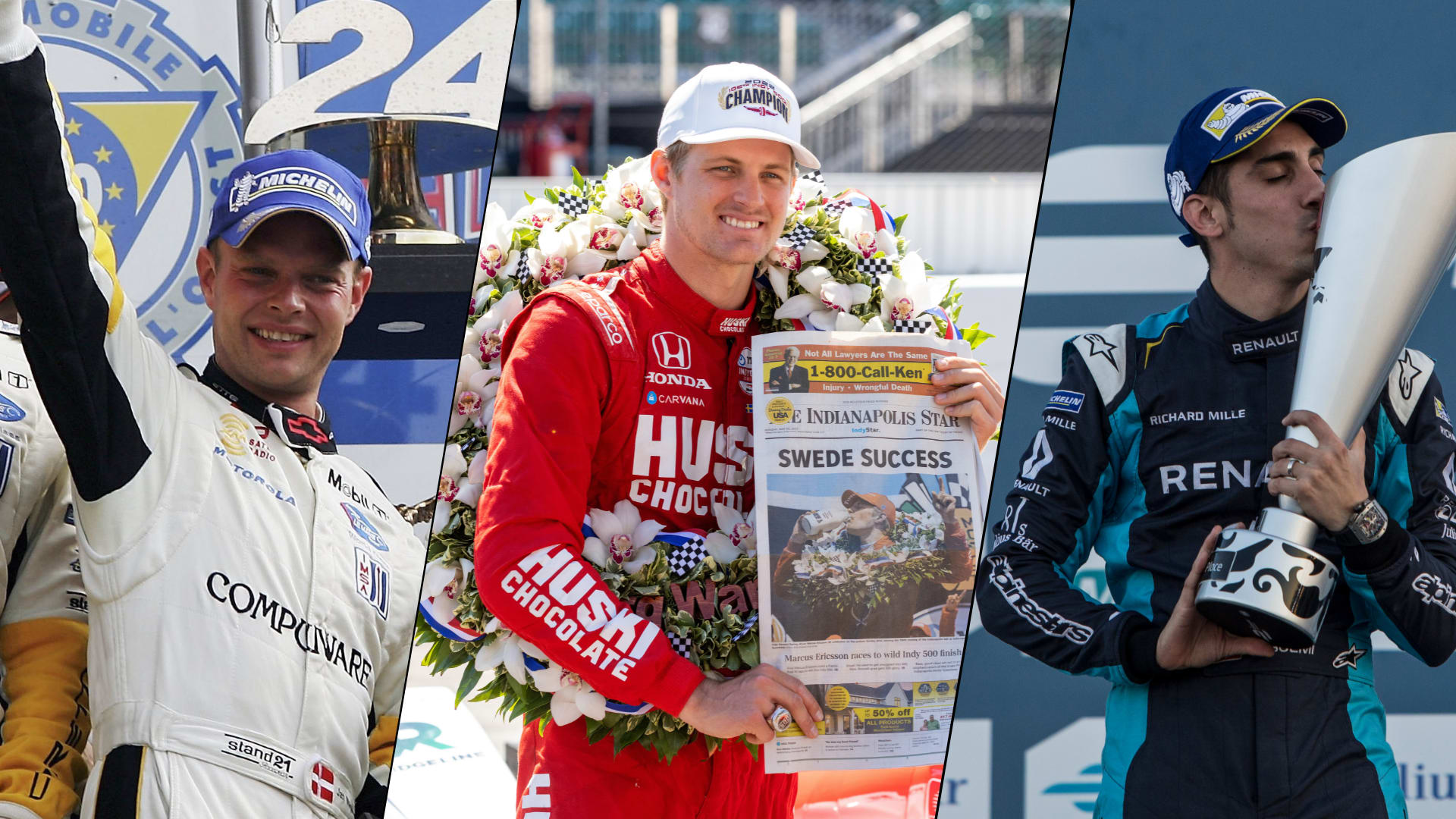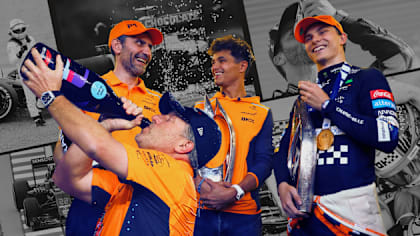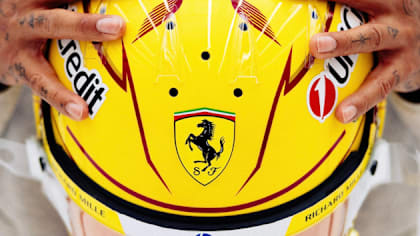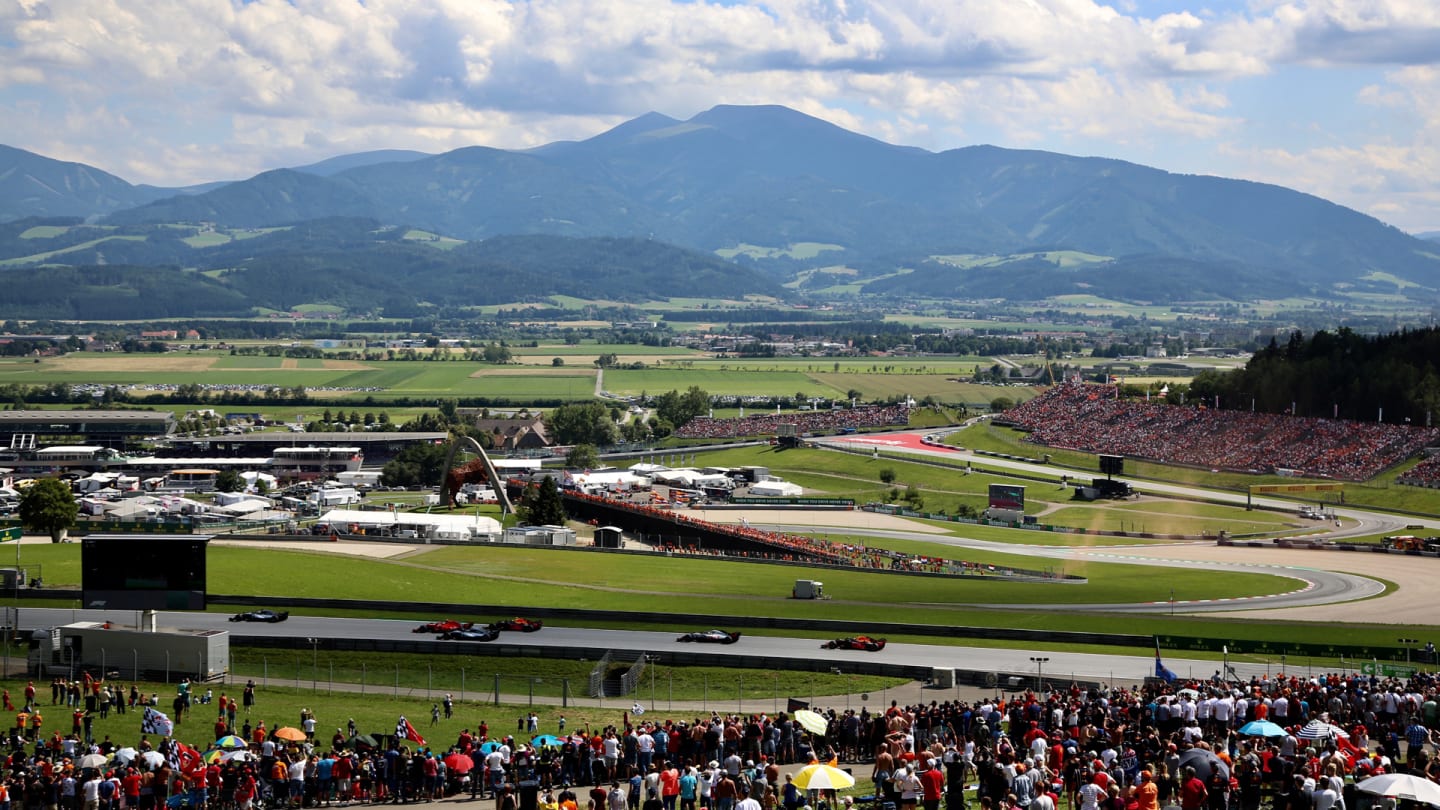
Feature
5 Reasons We Love... The Austrian Grand Prix

Share

The season continues apace with the first back-to-back race weekends of 2019, as we head straight from France to the Austrian Grand Prix. Here's 5 reasons why we love going racing at the Red Bull Ring in Spielberg…
1. The track's an old school classic
The Styrian mountains make up a breathtaking enough part of the world as it is, but drape a Grand Prix circuit over the side of one of the hills and you’ve got something really special.
The Red Bull Ring returned to the Formula 1 calendar back in 2014, having formerly been the venue of the Austrian Grand Prix from 1970-87 and 1997-2003. The earlier stint saw the race held on the classic Osterreichring, with its fast, sweeping corners and long straights.
While it was an updated circuit that returned to the schedule in the late Nineties, it retained much of the demands of the former venue, and that remains the case with the latest version used for the past five years.
Top speed is important, as is a car that can handle long, fast corners, but there’s also plenty of pun-ishment awaiting any mistakes. Gravel traps line much of the middle sector, and the high exit kerbs are to be avoided on many corners as they have the potential to damage a car and ruin your race. Not a track to be taken lightly.
But while it’s old school on track, it’s distinctly modern off it, with high quality facilities. And who doesn’t love that giant bull sculpture?
2. It always seems to generate great racing
Aside from how punishing the Red Bull Ring can be, it also has provided some excellent on-track bat-tles in the past. Just last season, Lewis Hamilton and Sebastian Vettel went wheel-to-wheel, while Hamilton also had a dramatic fight with his former team-mate Nico Rosberg on the final lap in 2016 (see below).
The best overtaking spots are Turn 2 at the top of the hill - coming at the end of a long DRS zone and requiring late uphill braking - and again into Turn 3 after another long straight. The layout means a driver can fight back if they’re passed at the first opportunity, while we’ve also seen moves continue to Turn 4. Last season, Kimi Raikkonen and Max Verstappen showed you can race through the middle sector too.
And the location makes this all even better for the fans. You can see the majority of the track from most locations around the circuit, with the elevation change from the lowest point to the highest meas-uring 63.3 metres - more than the height of the Leaning Tower of Pisa.
3. The fans come to party
The crowds have flocked to the Austrian Grand Prix since its return to the calendar, but the arrival of Max Verstappen in Formula 1 definitely increased the intensity…
The presence of Verstappen fans can be seen and heard throughout the weekend, with a mass of orange traditionally filling the grandstand on the exit of the first corner and another in the middle of the circuit. And he delivered exactly what they wanted in 2018, winning Red Bull’s home race. Not that they needed an excuse to celebrate anyway.
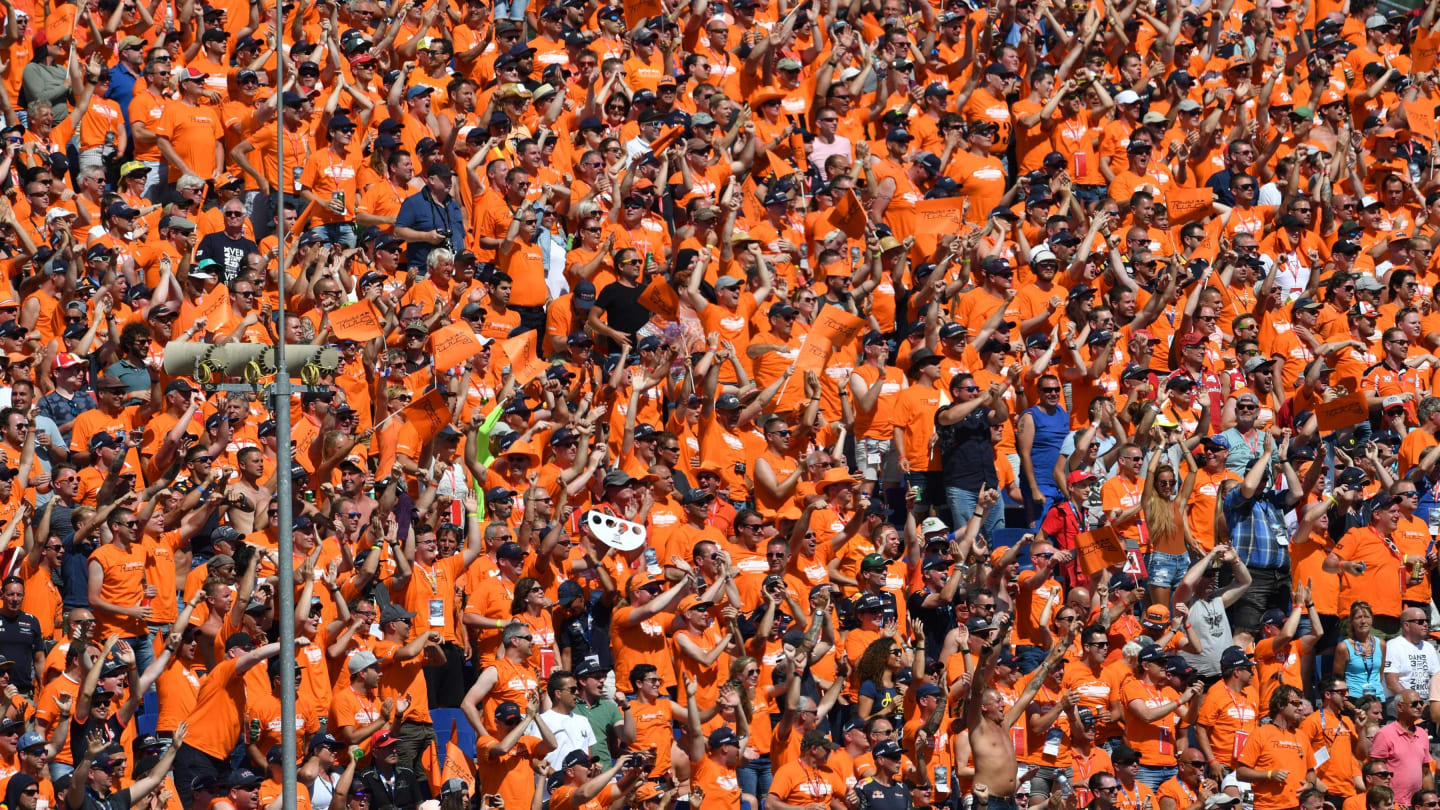
With so many campsites and a central location for fans of different nationalities to come together from across Europe, there is a vibrant atmosphere around the circuit and plenty of late nights for those who have made the track their home for the weekend.
Spielberg’s location also opens up the potential for exploring a number of beautiful cities, with Graz an hour away to the south, Vienna a two-hour drive to the east and Sazlburg only a matter of minutes further away in the opposite direction.
4. The track location makes conditions highly unpredictable
The fans’ commitment to having a good time is never in doubt, but there is much more unpredictably when it comes to the weather. Located at over 700 metres above sea level, the Red Bull Ring has the ability to deliver all sorts of conditions within the same day, which always keeps the teams on their toes.
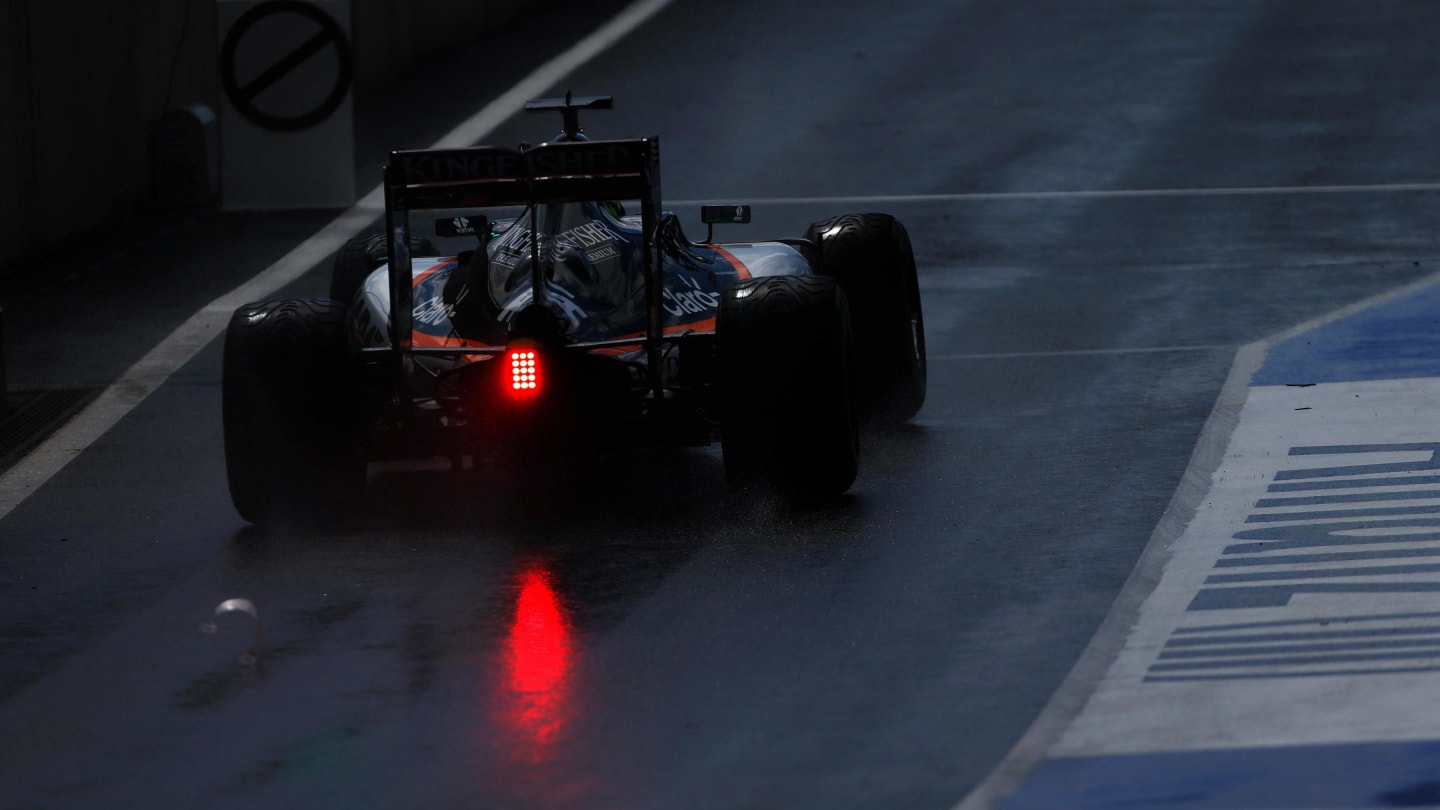
Scorching hot temperatures are possible that cause a headache for the tyres, but heavy rain has also rolled in during previous events. Qualifying in 2016 was somewhat of a lottery as rain fell in Q2 and led to a drying track in Q3, with Nico Hulkenberg (pictured above) lining up on the front row and Jenson Button start-ing directly behind him for McLaren-Honda.
For now, the forecast is for a hot weekend, but after recent thunderstorms there are further storms and rain expected in the days following the race, so it’s one to keep an eye on.
5. It features a brilliant legends parade
The Austrian Grand Prix has often recognised Formula 1’s history with a legends parade featuring classic cars and former drivers, and this year’s edition is set to be particularly emotional.
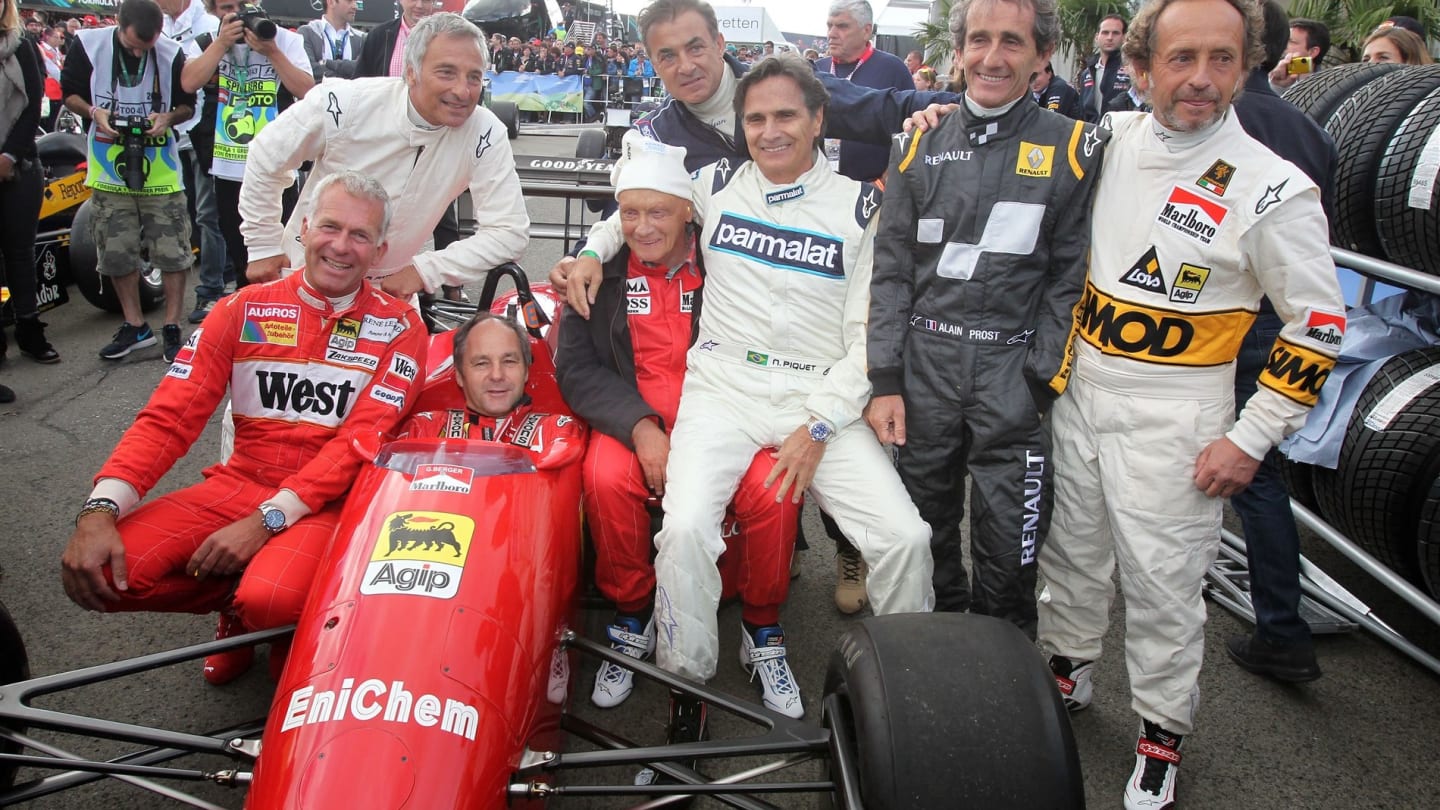
Three-time world champion Niki Lauda - the most successful Austrian F1 driver ever - was a regular participant in the legends parade since 2014, and a number of his friends and colleagues will pay tribute to him during the event following his passing in May of this year.
This year, the legends will be driving dream cars on both Saturday and Sunday, with the likes of Ger-hard Berger, David Coulthard, Jean Alesi, Mark Webber, Helmut Marko and Jos Verstappen getting behind the wheel of some of the most desirable supercars in the world. It might be described as a pa-rade, but they don’t hold back when they get let loose on track.
YOU MIGHT ALSO LIKE
Feature TIMELINE: From a ‘GP2 engine’ to World Champions – recounting McLaren’s scarcely believable F1 turnaround
Image Gallery IN PHOTOS: Hamilton soaks up his first day as a Ferrari driver at Maranello
News Miami Grand Prix introduces One-Day Grandstand tickets for 2025
News Hamilton shares first look at striking helmet design for new Ferrari chapter
